A full and proper inquiry must be held into Princess Diana’s Panorama interview
Earl Spencer’s dossier demanding an inquiry into the fake documents that secured an interview with his sister will shine a fresh and long overdue light on the 1995 BBC programme, writes Chris Blackhurst

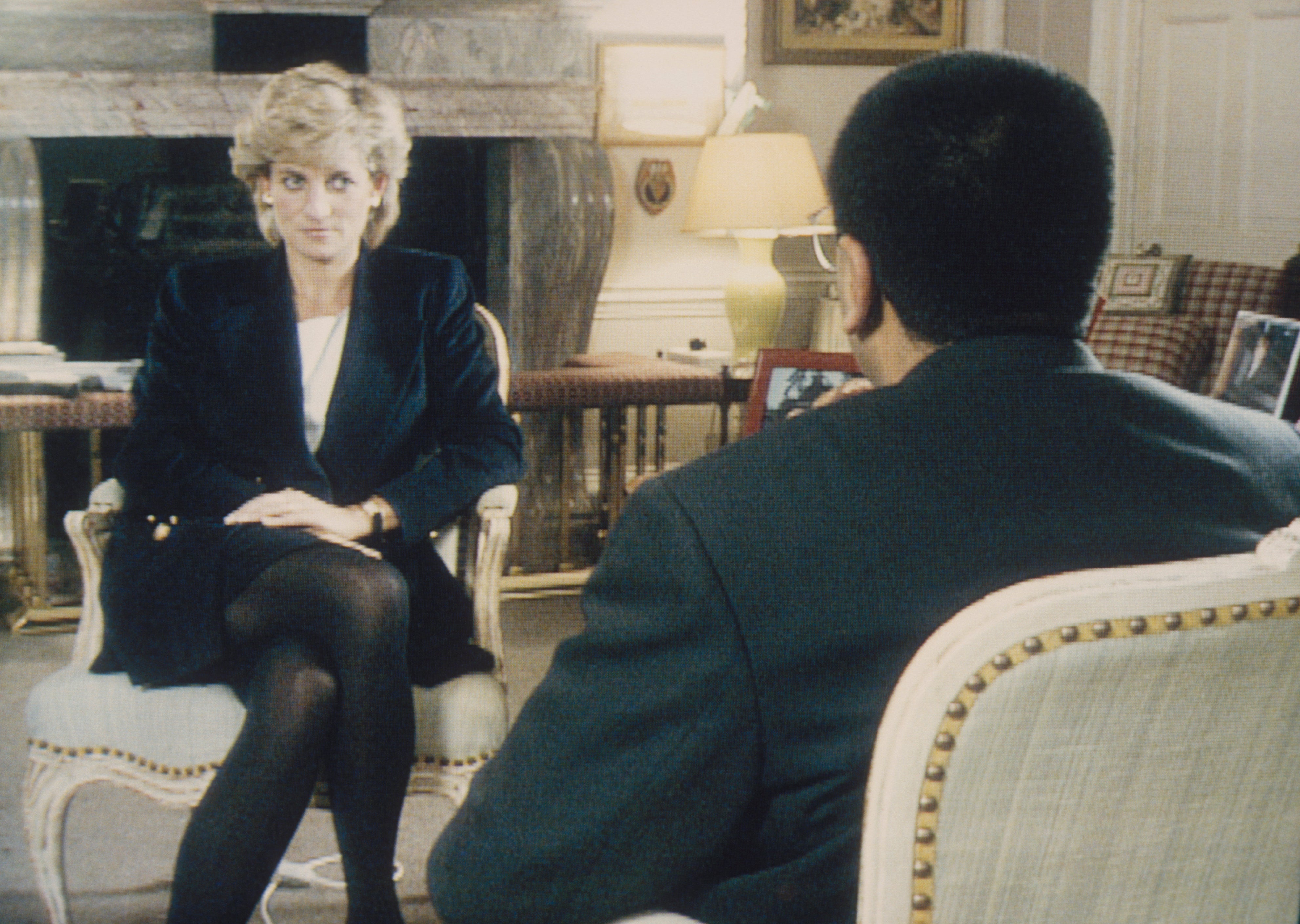
After 25 years of virtual silence about how the sensational BBC Panorama interview with his sister, the Princess of Wales, came about, Earl Spencer has gone on the offensive.
He has sent the BBC a “dossier” setting out how the reporter Martin Bashir used false bank statements that helped secure the landmark broadcast. In it, Diana famously remarked “there are three of us in this marriage” (her reference to Prince Charles’ long relationship with Camilla Parker-Bowles). She admitted to her own affair with James Hewitt, said she would never be queen and was open, too, about her postnatal depression, self-harming and bulimia.
Spencer has extracted the promise from the BBC that once Bashir has recovered from Covid-19 he will be questioned, and the claims will be investigated. This isn’t good enough for the earl, though, who has tweeted that he believes the BBC to be “incapable of honestly facing up to the ugly truth of this matter” and wants an independent investigation.
The earl is right. A full and proper, objective, inquiry should be held. And others, notably Spencer himself, and Lord Hall, the former BBC director-general and then the BBC’s head of news, must be included.
This was a historic interview that hastened the couple’s divorce. Less than two years after it was shown, Diana was dead. If a newspaper had falsified bank statements to obtain a senior royal’s cooperation for such a personal interview imagine the fury that would have resulted.
For the first time, we’ve learnt from Spencer that he decided to introduce the young news journalist to Diana on the basis of being shown two false bank statements. One was said to belong to the princess’s private secretary, Patrick Jephson, and the other to Commander Richard Aylard, who worked for the Prince of Wales. Both showed the receipt of substantial payments said to be from “the security services”. The suggestion that these men were paid was completely bogus.
No mention of these two statements or the role they played has ever been made before. After the interview was aired, newspapers reported that Bashir had shown Spencer a fabricated bank statement. But this was for his former head of security Alan Waller. It showed a payment that was claimed to be from the security services. Of statements for Jephson and Aylard since then and down the years, there has never been a squeak.
In 1996, I broke the story in The Independent that in the Waller statement Bashir used the name of a mystery offshore company, Penfolds, that had cropped up in documentation in a previous programme of his concerning the business dealings of the football manager Terry Venables. The coincidence of the same company name appearing in both programmes heightened suspicions as to how the little-known Bashir, in the face of requests from world-famous interviewers such as Barbara Walters and David Frost, had persuaded the princess to bare her soul to him.
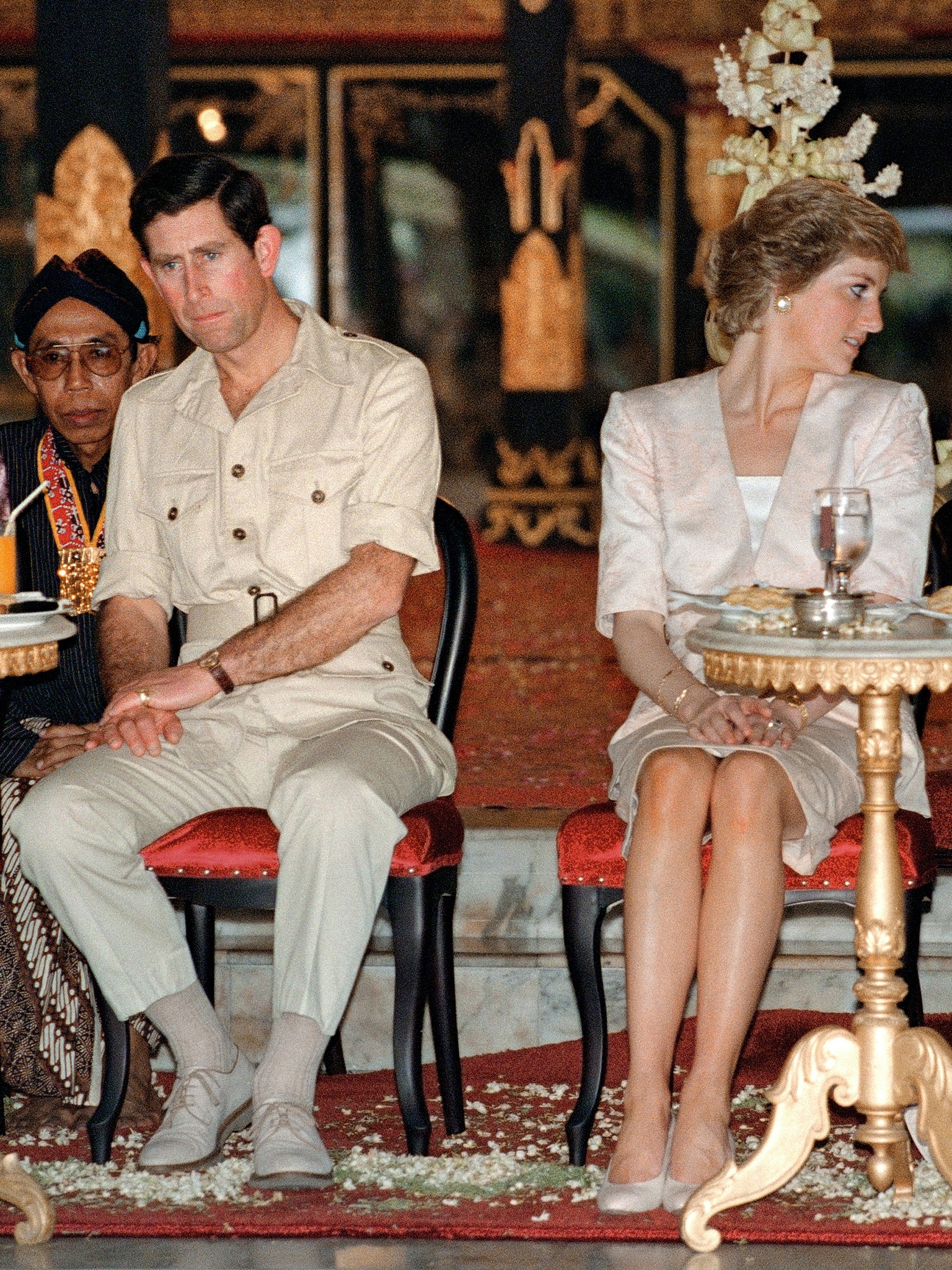
The details of the Waller statement were faithfully correct, except he’d never been paid by Penfolds. Where did Bashir get this private information from; how did the BBC reporter know Waller’s bank, sort code and account number?
This year, in preparation of a documentary to coincide with the 25th anniversary of the interview, Channel 4 submitted a Freedom of Information Act request to the BBC. They were looking at how the programme came to be made. The redacted material sent by the BBC shows that after the faking of a bank statement was raised, and questions were being asked about Bashir’s methods, a panic-stricken corporation held its own internal inquiry.
Maybe secrecy was a condition of making this programme. But I also don’t think the BBC should have got itself into a position involving the private problems of the royal family. That’s not what the BBC is about
Tony (now Lord) Hall “conducted a personal investigation”. He reported to the BBC management board in April 1996 that he had reprimanded Bashir about his “incautious and unwise” conduct.
Matt Wiessler, a graphic artist employed by the BBC, had been asked by Bashir to make up the fake Waller statement. Hall’s report says the reporter was “contrite” for instructing Wiessler to falsify the document.
Hall states that Bashir believed the information the statement contained was correct, but finds he was “foolish”, adding: “I have talked to Martin at length about his reasons… he has none, he wasn’t thinking.” Hall says: “I believe he is, even with his lapse, honest and an honourable man. He is contrite.”
Bashir’s scoop was explained thus: “Spencer introduced Martin to the Princess of Wales. She told him she thought she was being bugged and followed. Numerous conversations followed, leading to the interview. During the period of these conversations, Martin took information he had got from the highest level and made them into a graphic using the bank statement [he claimed] Spencer had given him. He did it believing the information to be correct.”
Hall added: “To produce such a graphic was unwise. He shouldn’t have done it.”
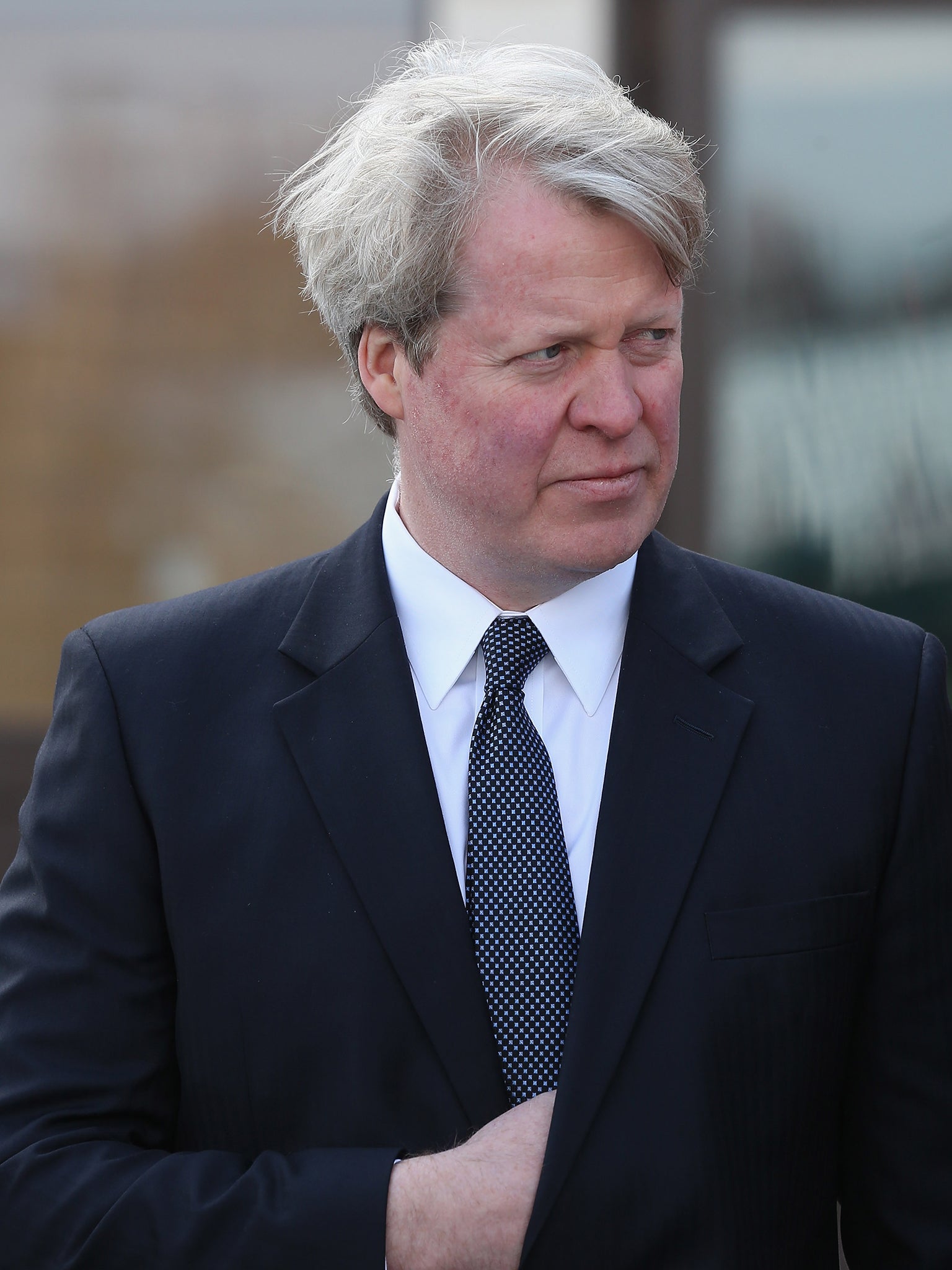
According to this account, Bashir said he had been given the Waller statement by Spencer. If that is true, what was Spencer doing giving the BBC reporter someone else’s bank statement? And why?
Spencer now says the Waller statement played no part in clinching the Diana interview. Rather, it was the hitherto unheard-of Jephson and Aylard statements. In which case, why did Bashir go to so much trouble to falsify the Waller statement? Wiessler was ordered to work through the night to reproduce it before handing the fake document to Bashir. Why? Who was it intended for, what purpose was it serving? Who mocked up the Jephson and Aylard statements? Where did the information for their statements originate?
Wiessler did not apparently make any mention of the Jephson and Aylard statements, and they do not seem to be referred to in Hall’s account. Also, is it conceivable that two officials as prominent and as trusted as Jephson and Aylard would receive dollops of money from the security services, and that these sums would be contained in their bank statements? Would the security services really pay people like that, if at all, and in that fashion?
What’s not clear, either, is why Spencer, who is not someone normally scared of coming forward, appears to have chosen to mention the Jephson and Aylard statements only now. There have been plenty of anniversaries regarding the Diana interview down the years, yet he has largely remained silent.
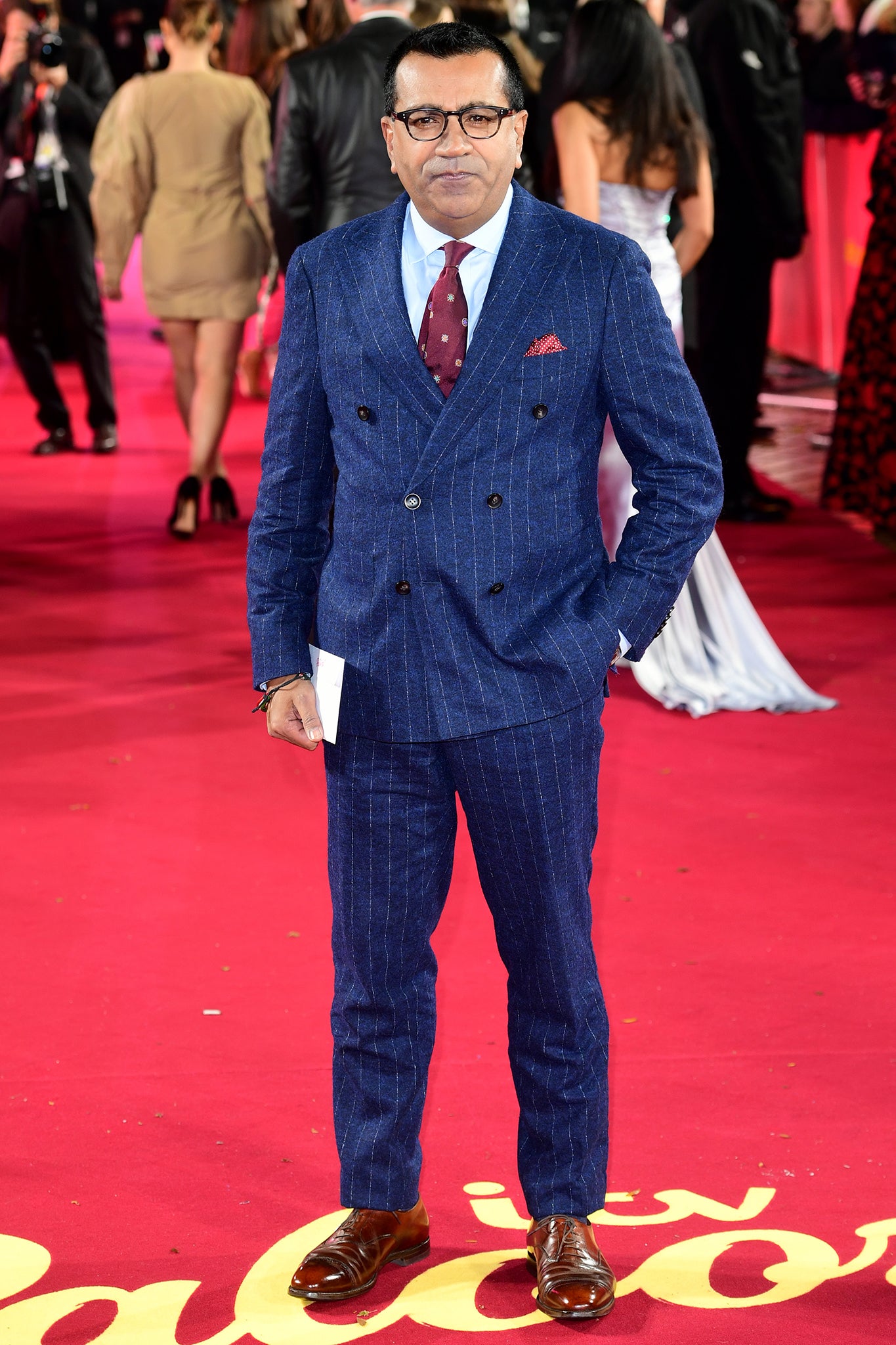
The quizzing may prove uncomfortable since there could well be a case for criminal prosecutions of those involved. Certainly, Waller, who has had his name dragged into accounts of this affair has every right to feel aggrieved and to demand to know how his bank details came to be shared, how much of a bank statement of his came to be so precisely copied.
The BBC was acutely sensitive to any backlash about the programme. The corporation had earned substantial royalties from syndicating the show. It attracted a 23 million-strong audience in the UK, and garnered massive worldwide interest.
There were also internal politics to consider, in particular the position of the then chairman Marmaduke Hussey, who was married to Susan, lady-in-waiting to the Queen. In his memoir, Lord Hussey made plain his anger concerning the Diana interview. The BBC governors were not told until shortly before the Panorama was broadcast. “Maybe secrecy was a condition of making this programme. But I also don’t think the BBC should have got itself into a position involving the private problems of the royal family. That's not what the BBC is about.”
As for the Queen she was similarly furious and took her traditional Christmas message broadcast to another network.
Hall says he will cooperate with the new inquiry. Good. He may want to explain how it was that Wiessler, who was working on Bashir’s instruction, was told he would never work for the BBC again and appears to have been scapegoated. Likewise, Hall might recount what it was that so concerned him as to declare he would crack down on anyone from the BBC talking to the press in the future.
What appears to have been forgotten is that Bashir admitted to faking a bank statement. That’s an extraordinary action. He does not seem to have even been formally disciplined. He later left the BBC for the US, then returned. Today he is BBC News religion editor.
Where was the scrutiny of Bashir prior to the Diana interview? Did anyone examine whether he’d falsified documents before, on the Venables programme?
Another mystery is that the BBC maintains that in a handwritten note Diana confirmed she did not see the mocked-up material. But this note has been lost. How? How does that happen? Is the BBC in the habit of misplacing notes of this magnitude, does it not possess photocopiers?
We know about the state of Diana’s mind because of a note taken by Lord Mishcon, her lawyer, who met the princess the weekend before she sat down for the interview. Mishcon wrote that the princess said her life was in danger, that she was the target of a conspiracy. Unspecified “reliable sources” had informed her that her car would be tampered with and she would be killed in a car crash or would be so badly injured as to be declared unbalanced.
Mishcon also wrote that Diana had been told that Tiggy Legge-Bourke, the nanny to Princes William and Harry, had recently undergone an abortion. This was untrue. But, in a letter to Spencer ahead of the granting of the interview, Bashir told her brother that “rumours have been circulating about recurring intimacy between [Legge-Bourke] and a particular individual … I think you should inform your sister ASAP”.
Bashir’s recovery cannot come soon enough – for the health of him personally, for his family and friends, and for the establishment of the truth regarding one of the greatest of all journalistic coups.
Join our commenting forum
Join thought-provoking conversations, follow other Independent readers and see their replies
Comments
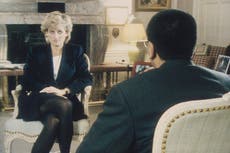


Bookmark popover
Removed from bookmarks